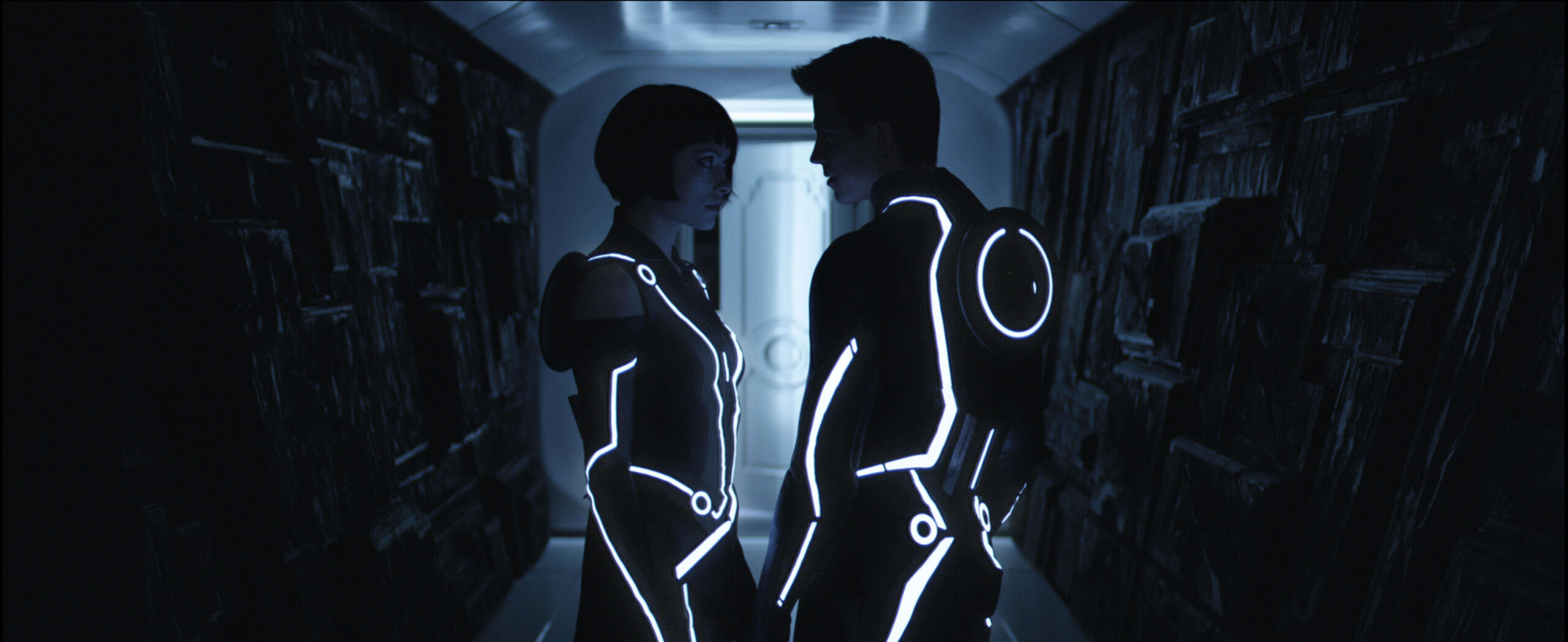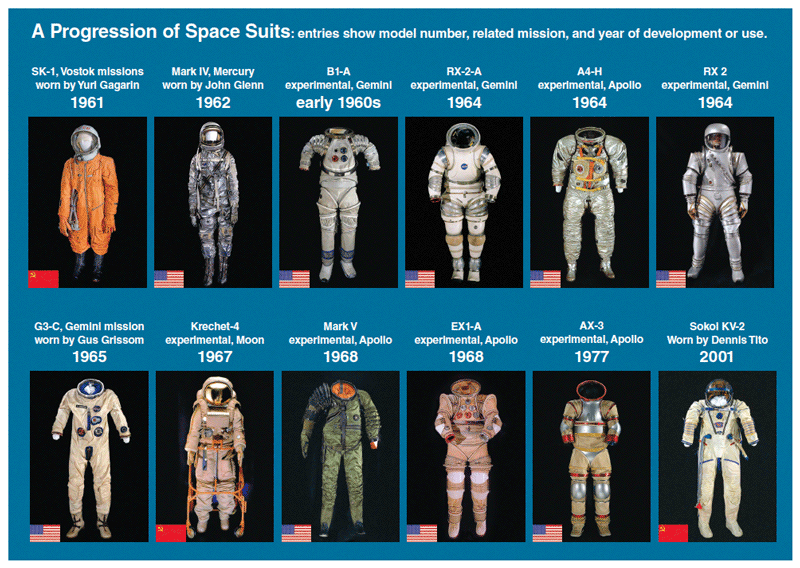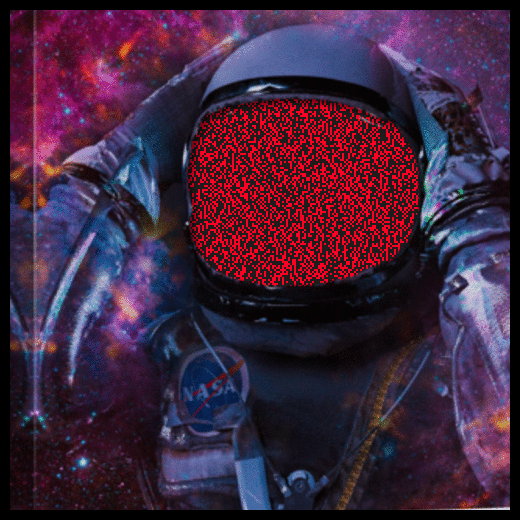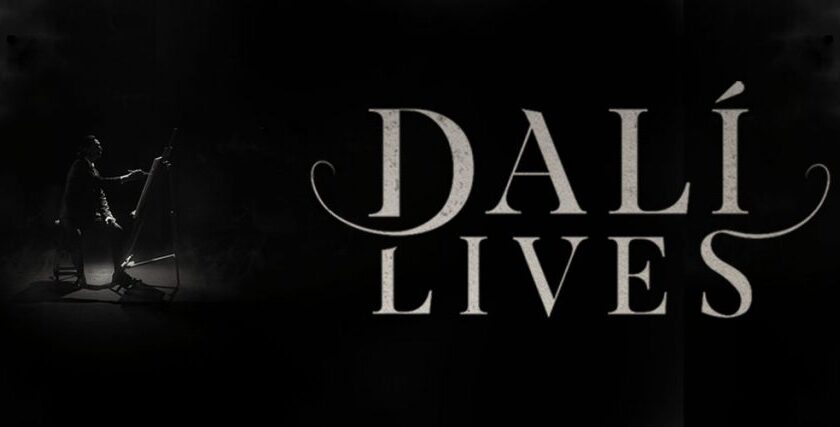Exoskeletons are certainly not new to the human race. Nor are environmental protections provided by suits or attire that humans wear in everyday functions of society. Deep Sea Divers, Nuclear reactors, Chemical spill cleanups.. Military warfare. But what has not been done, is the fusing of all the systems and knowledge and wisdom of all of these technologies and ideas into a single concept to house the human being. Sure we have tremendously expensive housing. Mansions, Bunkers, Castles.. you name it. but what the human race really needs is: A Human Suit. A suit specifically designed to make a fully Autonomous human.
Reasons for such protection? Protection against sonic weapons would be one new development that requires protection
au·ton·o·mous/ôˈtänəməs/
adjective
- 1.(of a country or region) having the freedom to govern itself or control its own affairs.”the federation included sixteen autonomous republics”
- 2.(in Kantian moral philosophy) acting in accordance with one’s moral duty rather than one’s desires.
We are capable of creating beautiful and technologically advanced wearable protection. The Time is Now!
Adam Savage’s Tested
what is autonomy? what about it , is intrinsic to the human condition? From the time we are born, to when we enter the working world until we die. This concept is crucial.
Autonomy : In developmental psychology and moral, political, and bioethicalphilosophy, autonomy[note 1] is the capacity to make an informed, uncoerced decision. Autonomous organizations or institutions are independent or self-governing. Autonomy can also be defined from a human resources perspective, where it denotes a (relatively high) level of discretion granted to an employee in his or her work.[1] In such cases, autonomy is known to generally increase job satisfaction. Self-actualized individuals are thought to operate autonomously of external expectations.[2] In a medical context, respect for a patient’s personal autonomy is considered one of many fundamental ethical principles in medicine.
Self-determination theory (SDT) is a macro theory of human motivation and personality that concerns people’s inherent growth tendencies and innate psychological needs. It is concerned with the motivation behind choices people make without external influence and interference. SDT focuses on the degree to which human behavior is self-motivated and self-determined.[1][2][3]
In the 1970s, research on SDT evolved from studies comparing intrinsic and extrinsic motives, and from growing understanding of the dominant role that intrinsic motivation played in individual behavior.[4] It was not until the mid-1980s Edward L. Deci and Richard Ryan wrote a book titled “Self-Determination and Intrinsic Motivation in Human Behavior” that SDT was formally introduced and accepted as a sound empirical theory. Research applying SDT to different areas in social psychology and education has increased considerably since the 2000s.
Key studies that led to emergence of SDT included research on intrinsic motivation.[5] Intrinsic motivation refers to initiating an activity because it is interesting and satisfying in itself to do so, as opposed to doing an activity for the purpose of obtaining an external goal (extrinsic motivation). A taxonomy of motivations have been described based on the degree to which they are internalized. Internalization refers to the active attempt to transform an extrinsic motive into personally endorsed values and thus assimilate behavioral regulations that were originally external.[6]
Edward Deci and Richard Ryan later expanded on the early work differentiating between intrinsic and extrinsic motivation and proposed three main intrinsic needs involved in self-determination.[7][8] According to Deci and Ryan, three basic psychological needs motivate the self to initiate behavior and specify essential nutrients for individual psychological health and well-being. These needs are said to be the universal and innate need for autonomy, competence, and relatedness.
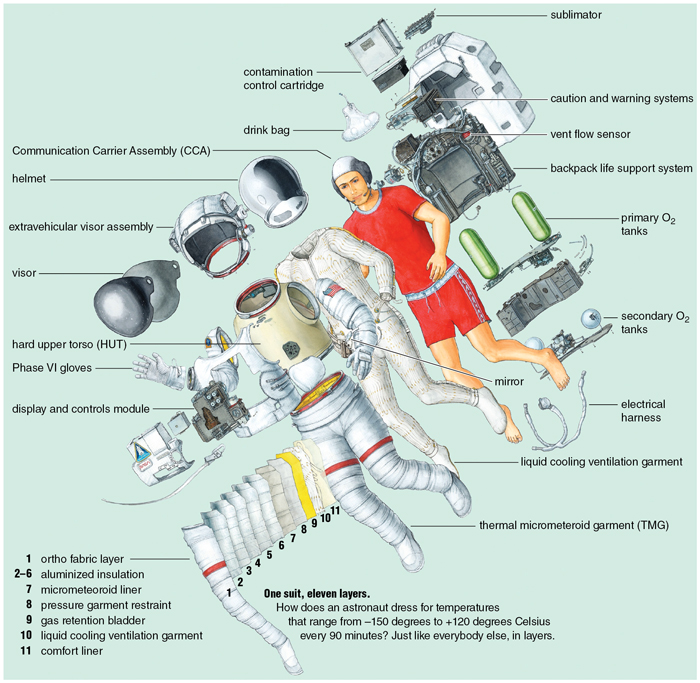
A protective suit that protects, clothes and defends you and that guards and attends to your health. With it, you require no home. Because it would be all you need to survive. Its internal maps guide you to food and water. Its systems sterilize and condition your food
Exosketon, you cannot be pierced or crushed
Chemical, nuclear, biologically protected
Stores all needed information : petabytes of information
Benefits: eliminates the necessity of housing and reduces a human environmental impact footprint to a singularity
Required for off-worlding
Let’s build an advanced human concept. Let our minds go wild. Let’s encompass all of the programs that we currently spend billions to implement and incorporate them into a microcosm of technological excellence that envelopes and empowers the individual. the time is now – Trinity



